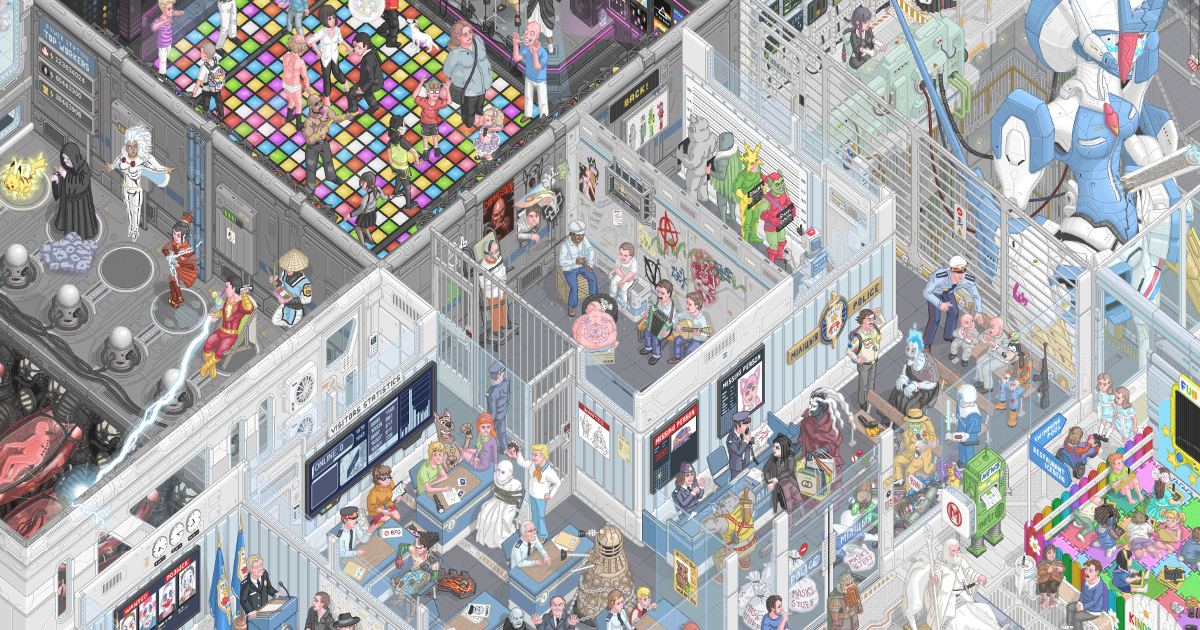I think one of the biggest reasons the Sega Saturn failed was because of how it was launched and marketed. Sega kind of shot itself in the foot by rushing the console to market in North America a year before the PlayStation and Nintendo 64. That early release meant they didn't have enough time to build hype or establish a strong foothold before the competitors arrived with more polished products and bigger 3rd party support.
Sony and Nintendo had already secured a lot of big partnerships, which meant the Saturn ended up with a pretty limited library of compelling games. Plus Sega's own marketing was a bit inconsistent to say the least. Sometimes they hyped the Saturn as the "hardcore" 2D machine, but then they also pushed it as a 3D console, which confused the average buyer. Sony was positioning the PlayStation as a 3D gaming platform, and it sat better with developers and players.
Another factor was the internal confusion at Sega. They were trying to appeal to multiple audiences the hardcore gamers, arcade fans, and casual players without clearly defining what the Saturn was best at. This made it harder for uninformed people to see why they should pick the Saturn over the more established Nintendo or the rising PlayStation.
And manufacturing and pricing issues didn't help. The Saturn was kind of expensive, and its architecture made it difficult for developers to make games for, which led to fewer high quality titles. And poor timing, weaker 3ed party support, confusing messaging, and some internal fuck ups created a perfect storm that ultimately led to its downfall.
Yes, commercially the Saturn was a failure. A lot of things are factored into this, but as a system just looking at it from this standpoint, it wasn't really. It has a good library of games and most of them, if not all, are really fun and interesting at least the ones I have played. And anything people fondly remember and are still talking about some 30 years later wasn’t a total failure.
At least not to fans and retro gamers like ourselves.





